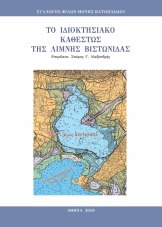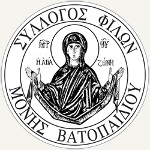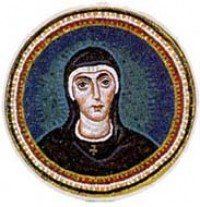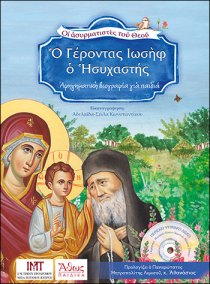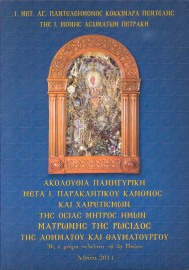Again we pray for the children of God condemned to death by the unjust judgement of men: that the Lord our God would soften the hearts of those who seek their violent destruction, and rescue those who are being led forth to the slaughter, we diligently pray Thee, O Lord, hearken and have mercy!
Lord, have mercy. Lord, have mercy. Lord, have mercy.

Life is a precious gift of God. It is given to us so that we, while completing our earthly course, should acquire Divine Grace, should become members «of the household of God» and spiritual «fellow citizens with the Saints» (Ephesians 2:19). It is for this reason also that the Lord has established His Holy Church. In the life of the Church, of this Kingdom of God on earth, we are already destined for blessedness, and partake of it in proportion to our piety.
But the fall of our forefathers introduced sin deeply into our life. Sin has poisoned it, has become a property of this world: that is why the Apostle John can say that «the whole world lieth in wickedness» (1 John 5:19). This evil surrounds us and lures us with particular force when the opposition to it on the part of the society around us weakens. Διαβάστε τη συνέχεια του άρθρου »
